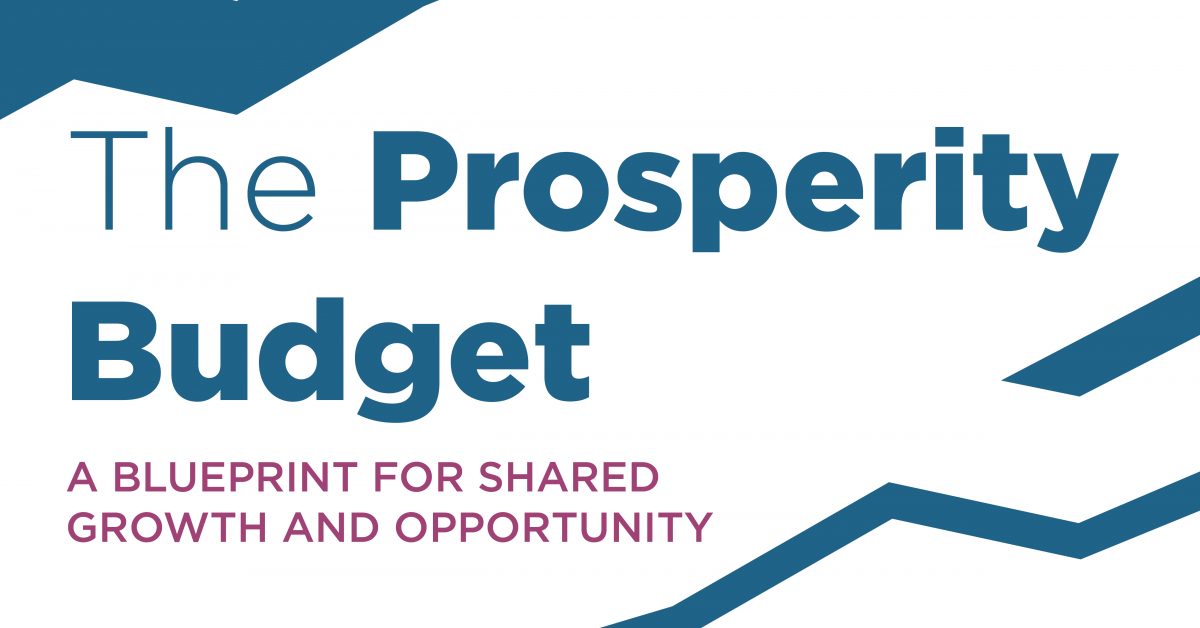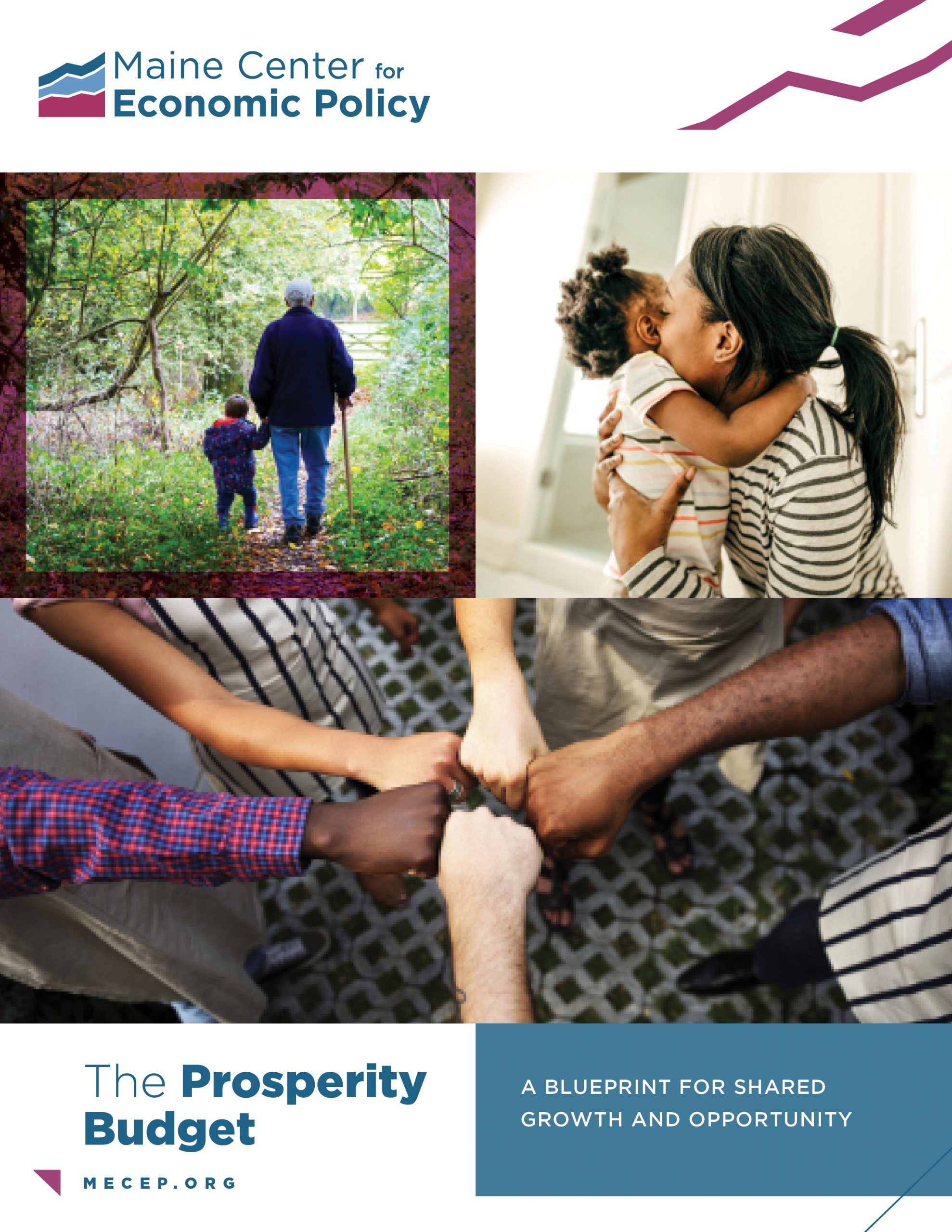
A LETTER FROM MECEP EXECUTIVE DIRECTOR GARRETT MARTIN:
As business owners, workers, consumers, taxpayers, and citizens, all Mainers have a shared interest in building an economy that works for everyone. Elected officials, however, have a unique role to play in laying the foundations for a strong economy.
Mainers all pitch in through taxes to pay for the things that benefit all of us. Through their constitutional authority to craft the state’s biennial budget, legislators shape the specifics of how we use public resources to tackle challenges and realize opportunities. It’s an awesome responsibility, which determines whether we can effectively come together to build a stronger future.
In State of Working Maine 2018, the Maine Center for Economic Policy (MECEP) set forth an action plan for building a more inclusive economy by improving the rules that shape Mainers’ working lives. It focused on the relationship between employers and employees and advanced a vision for our state in which Mainers get a fair return on their hard work.
Today, we follow up that work with the Prosperity Budget — our blueprint for shared growth and opportunity.
Where State of Working Maine 2018 investigated the nature of work in the modern economy and made recommendations to reaffirm our values of fairness and respect in the workplace, the Prosperity Budget examines the opportunity to leverage state
budget and tax policy to build a stronger economy where every Mainer has an equal opportunity to contribute and get ahead.
For eight years, Governor Paul LePage advanced lopsided tax cuts that made it harder for our state to invest in people and communities. The results were predictable. Schools were underfunded. Vital public services were slashed. Health care was put further out of reach for Mainers with low incomes. Absent resources to mitigate food insecurity and economic hardship, Maine bucked regional trends with growing childhood hunger and poverty rates. Property taxes increased as communities struggled to fill the gaps.
Maine’s economic recovery was lagging the region and the nation. Maine’s voters acted to advance a different, people-first vision for our state. At the ballot box, they voted to increase the minimum wage, expand health care, and raise taxes on the wealthy to pay for our public schools.
Now, the new governor and Legislature have the opportunity to follow the lead of Maine’s voters, who once again signaled their desire for a change when they upended the existing balance of power in Maine’s government in November.
The Prosperity Budget outlines our recommendation for fueling people-powered growth and opportunity that can be shared by all. We draw from the successful efforts in states including Oregon, Minnesota, and California — all of which enacted post-recession tax increases on wealthier residents and plowed that revenue into communities and their economies. Those states also expanded Medicaid and increased their minimum wage in recent years, and all three have outperformed neighboring states on a range of economic indicators.
This is a transitional moment for our state, full of opportunity to build a brighter future for Maine. We at MECEP look forward to working together with elected officials to seize that opportunity.

Garrett Martin
Executive Director, Maine Center for Economic Policy



